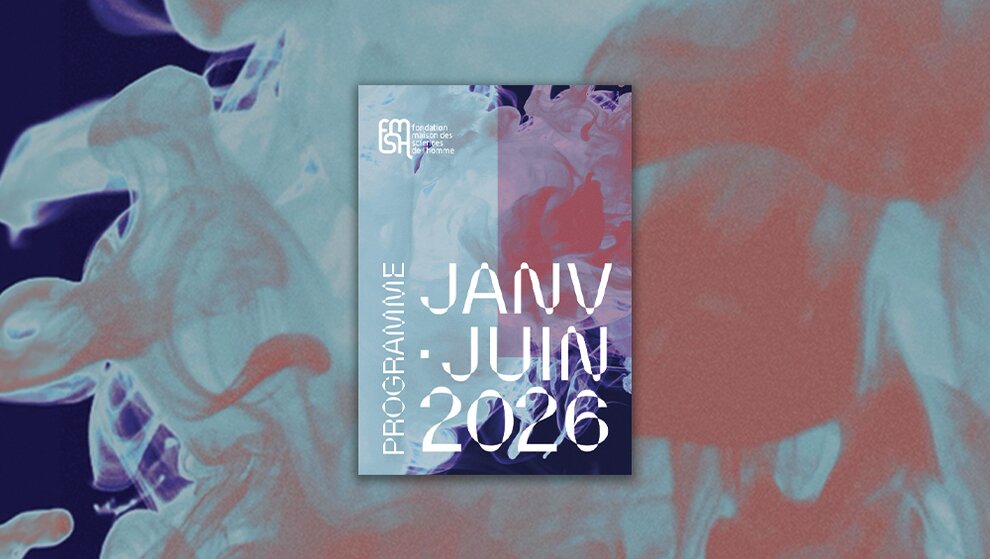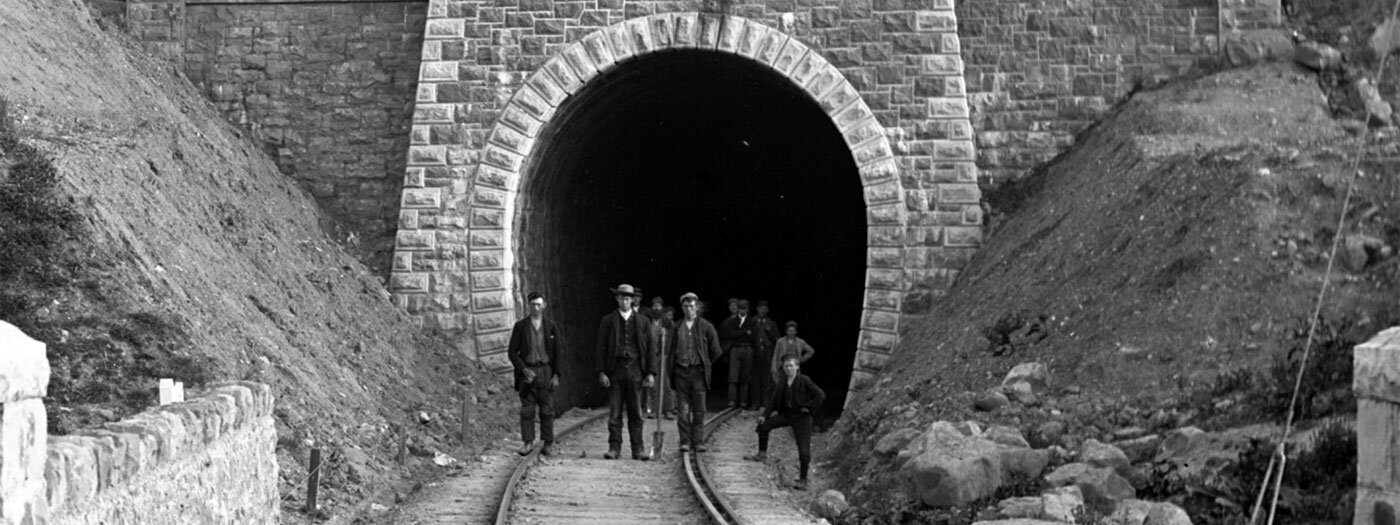Laureates of the 2023 Social History Mattei Dogan Prize

The prize of social History is awarded to two PhD thesis on social History, in every sense of the term, from the 19th to the 20th century, and dealing with France or one or various foreign countries or a transnational subject.
The 2023 Mattei Dogan prize is awarded to Jean-Christophe Balois-Proyart and Daniela Duran.
Jean-Christophe Balois-Proyart, Université Paris 1 Panthéon Sorbonne
This research follows in the footsteps of historiographic trends which, since the 1970s, have challenged the narrative of the Industrial Revolution. Up until then, this Revolution was seen as a technological and energy revolution that, from the beginning of the 19th century, led to the mechanization of work, the concentration of the workforce and the introduction of factory discipline. This revolution could only have taken place after the triumph of economic liberalism. Since the 1970s, historians have continued to draw conclusions from these revisions, to the point where the idea has taken hold that the first phase of industrialization took place within the framework of a specific economic and social organization modeled as commodity capitalism. In this type of organization, the sharing of value is based primarily on control of supplies and outlets. The emergence of industrial capitalism in France was therefore postponed until after the mid-19th century.
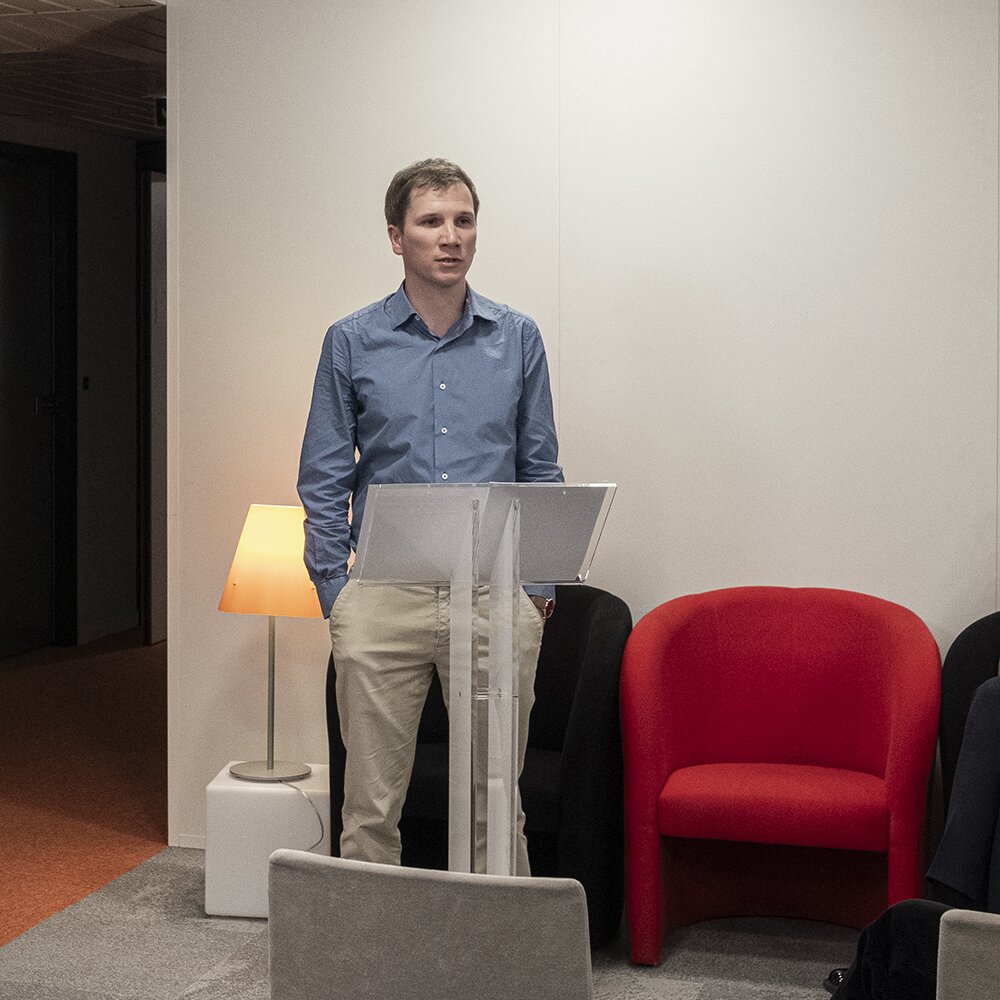
Daniela Duran, Université Rennes 2
This research focuses on the intervention of the Institut de recherche et d'applications des méthodes de développement (IRAM) in the Chilean Agrarian Reform between 1964 and 1973. This anthropological study leads to an analysis of the "French technical cooperation for development" field set up under the impetus of Charles de Gaulle. Technical cooperation arose as a corollary to the reconversion of France's colonial ties with Africa, in the context of African independence in the so-called "Third World". De Gaulle sought to export this French influence to Latin America, and began a dialogue with the Chilean Christian Democrat project led by Eduardo Frei (1964-1970).
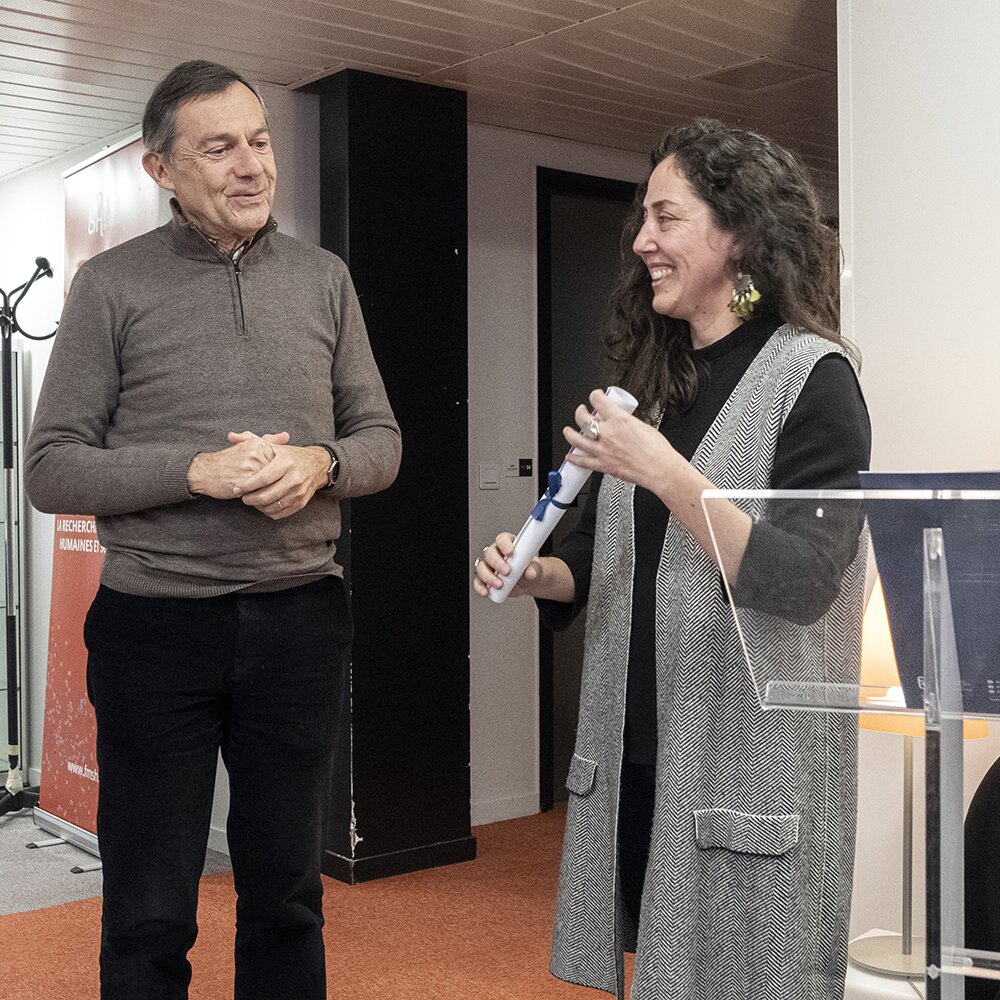


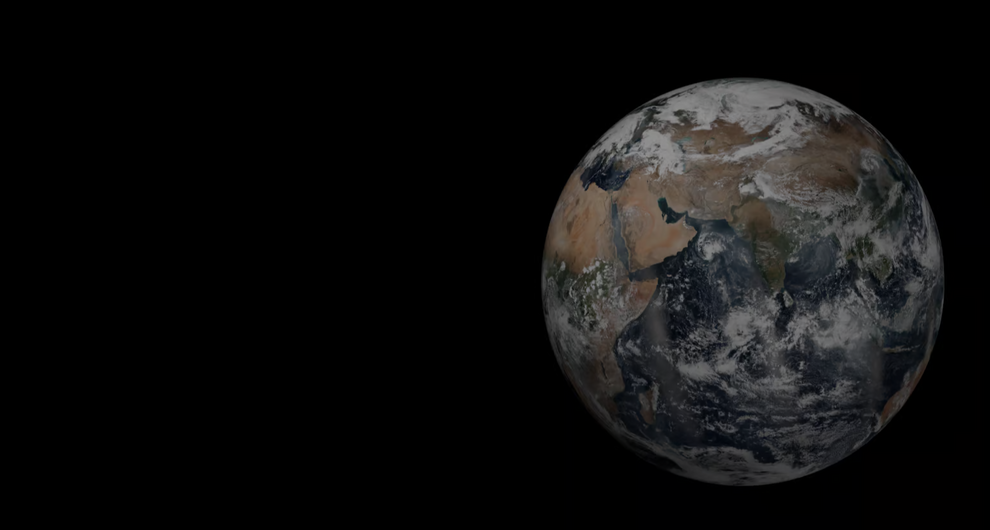
FMSH and the Social Science Research Council Lay the Foundation for International Cooperation
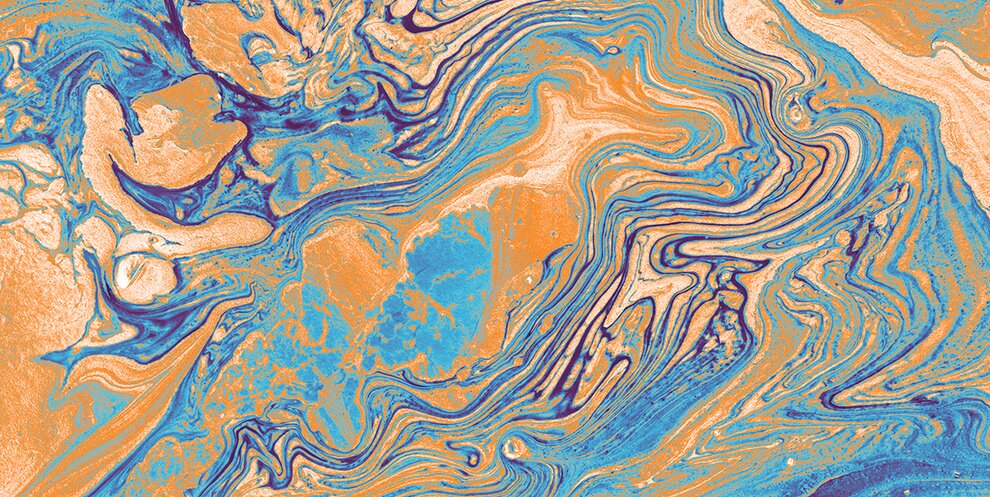
#Restitutions. Another Definition of the World

"Plastics: A Systemic Poison" : A conference series led by the FMSH and the Tara Ocean Foundation
